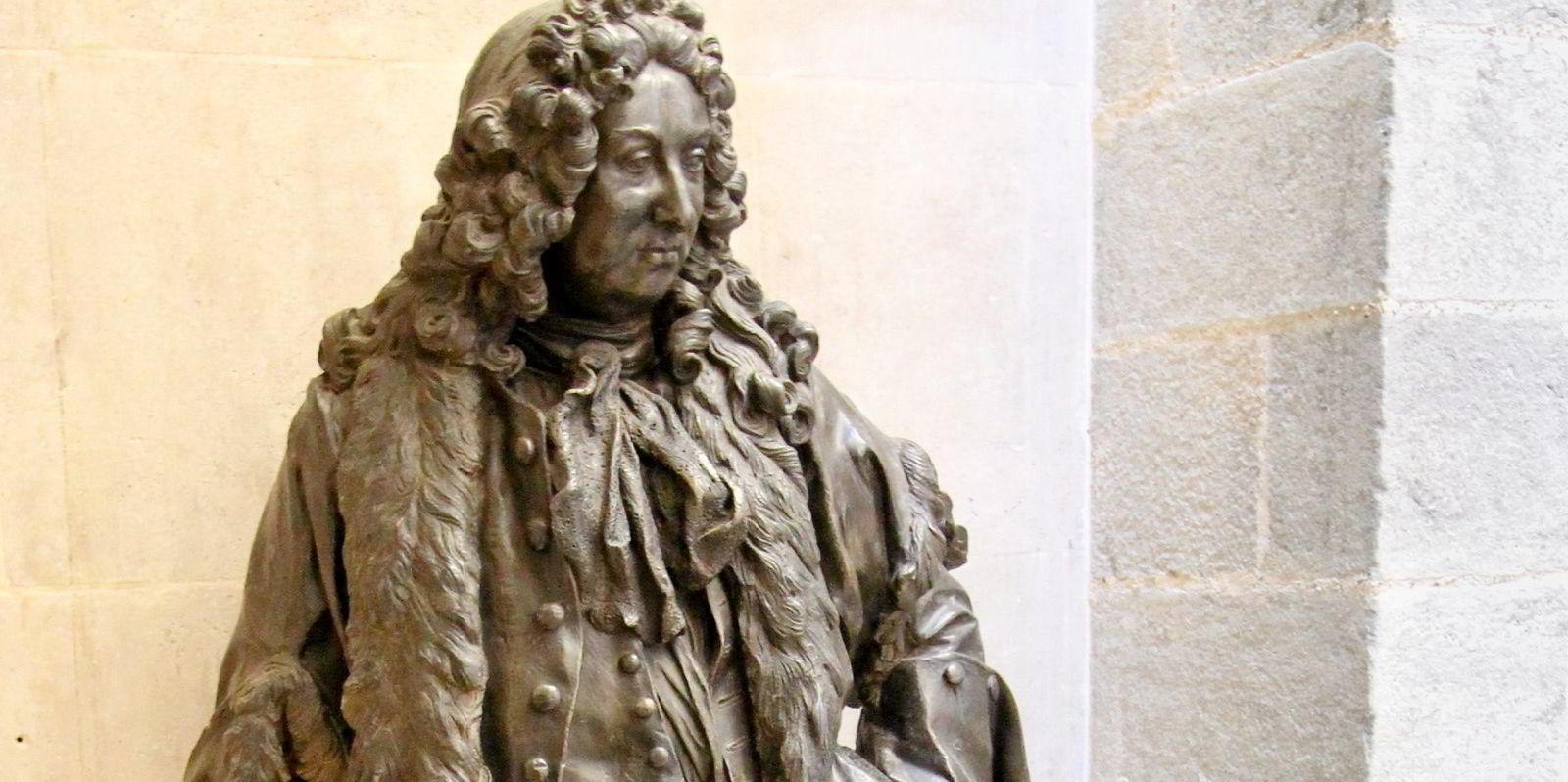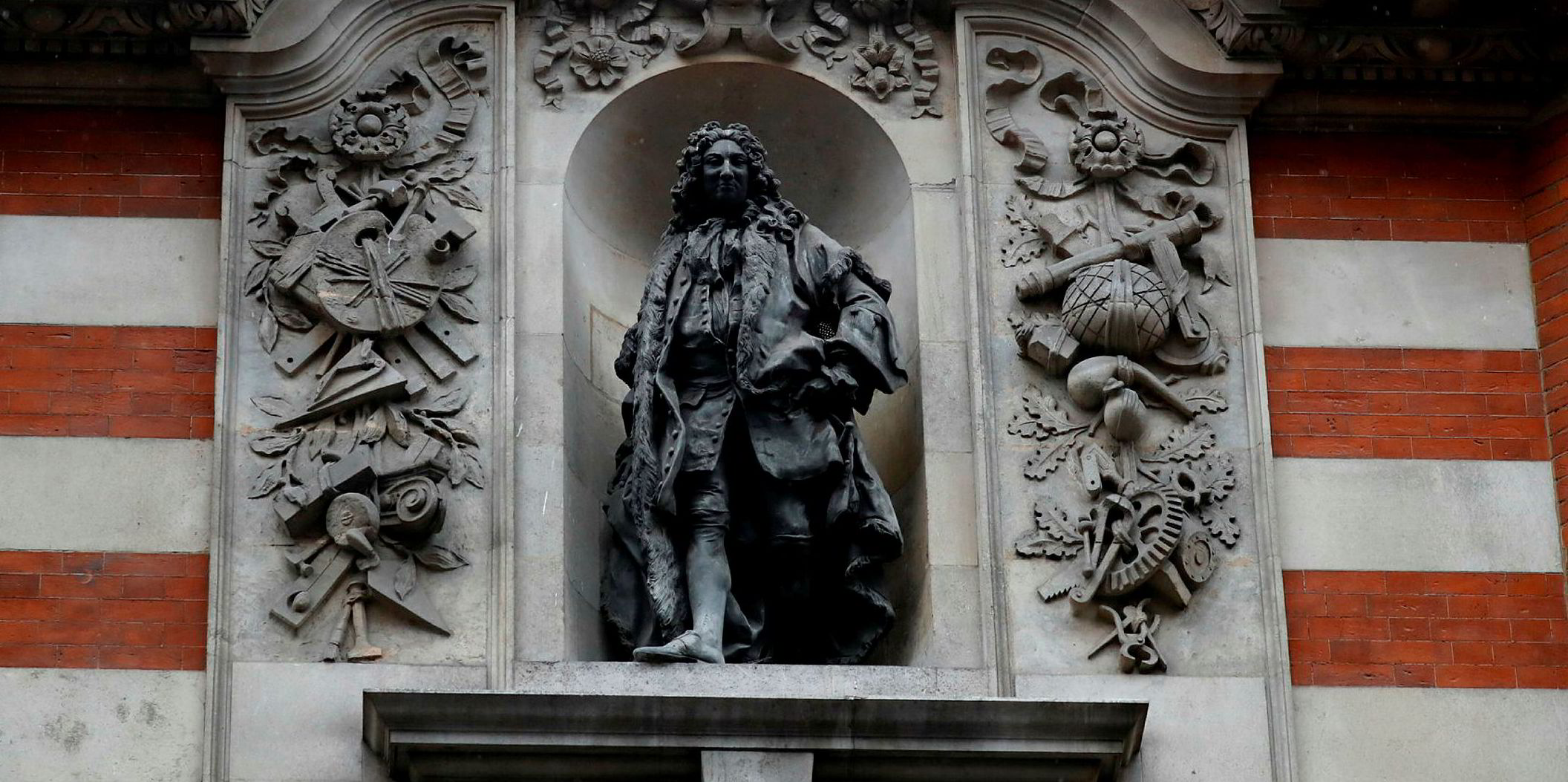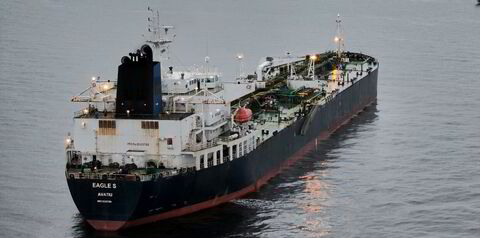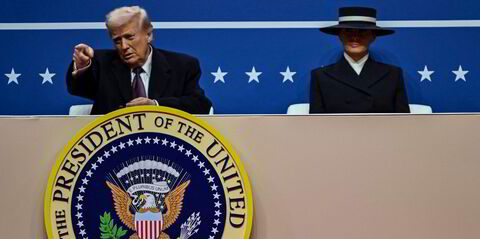Lloyd’s Register has apologised for its role in the transatlantic slave trade, which saw British ships forcibly take 3.4m Africans to work in Caribbean plantations.
The UK-based classification society said it would give £1m ($1.2m) to fund further research and public understanding of the trade.
The apology was made after the conclusions of research commissioned by slavery experts at the Wilberforce Institute.
“We are deeply sorry for this part of our history,” Lloyd’s Register said.
‘A painful truth’
“Acknowledging this legacy is important for our organisation, the descendants of those affected and those who still live with the consequences of this trafficking, and society as a whole.”
Nick Brown, Lloyd’s Register CEO, told TradeWinds: “Slavery and human trafficking were intrinsically tied to Britain’s economy, and The Registers were part of that system.
“It is a painful truth, one that deeply affects me and Lloyd’s Register.”
Since 2012, Lloyd’s Register has been a company wholly owned by the Lloyd’s Register Foundation, an independent global safety charity.
“We will work with Lloyd’s Register Foundation and trusted partners to deepen our understanding, learn from this dark chapter, and take meaningful action to address its legacy.”
It is the latest British institution to open up about its role in slavery. In 2020, the Lloyd’s insurance market said it was sorry for its part in the trade.
“This was an appalling and shameful period of British history, as well as our own, and we condemn the indefensible wrongdoing that occurred during this period,” Lloyd’s said.
In 2021, City University of London changed the name of the Cass Business School to remove links with benefactor Sir John Cass, who was involved in the Atlantic slave trade, while the Guildhall removed a statue of him.
Lloyd’s Register has made a £1m grant to the National Archives to develop resources and scholarships on the topic in the Caribbean and West Africa.
And it anticipates partnering in a project with the International Slavery Museum in Liverpool to link with other institutions overseas to help local communities conduct their own research into the impact of the trade.
Thomas Thune Andersen, chairman of Lloyd’s Register and the foundation, told TradeWinds: “We recognise no figure can undo the harm of the past, but we will continue to listen, take responsibility, and act with accountability.
“Our investment is just the beginning, with further plans for research and education to drive progress.”
Liverpool, in north-west England, was a centre of the triangular slave trade, in which around 10,000 voyages were made by British ships between 1640 to 1807, when William Wilberforce won a campaign to ban the trade. About 800,000 of the 3.4m slaves forcibly shipped died in transit.
However, slaves were not freed until the 1830s, when the British government paid £20m to slave owners in exchange for freeing their slaves.
The UK only finished paying off the debt in 2015.
The Wilberforce Institute studied records of what was then known as the Society for the Registry of Shipping between 1764 and 1834.
It found the class society not only profited from helping those involved in the trade by assessing the safety of ships, but some members were actively engaged in trafficking.
“Notably, at least six committee members of the Society for the Registry of Shipping from 1764 were identified as enslavers, while another six were involved in the trafficking of enslaved Africans,” Lloyd’s Register said.
In 2007, Tony Blair became the first prime minister to say sorry for Britain’s role in the transatlantic slave trade. “I have said we are sorry and I say it again … [It is important] to remember what happened in the past, to condemn it and say why it was entirely unacceptable,” he said at the time.
The UK faces continuing calls for reparations for slavery from Commonwealth countries that were formerly part of the British Empire.
Commonwealth leaders have called for Britain to apologise and make reparations, and a United Nations judge said it owed more than £18trn in reparations.
In 2023, Prime Minister Rishi Sunak refused to provide compensation or an apology for the slave trade. Last year, Chancellor Rachel Reeves said the UK would not pay reparations.







